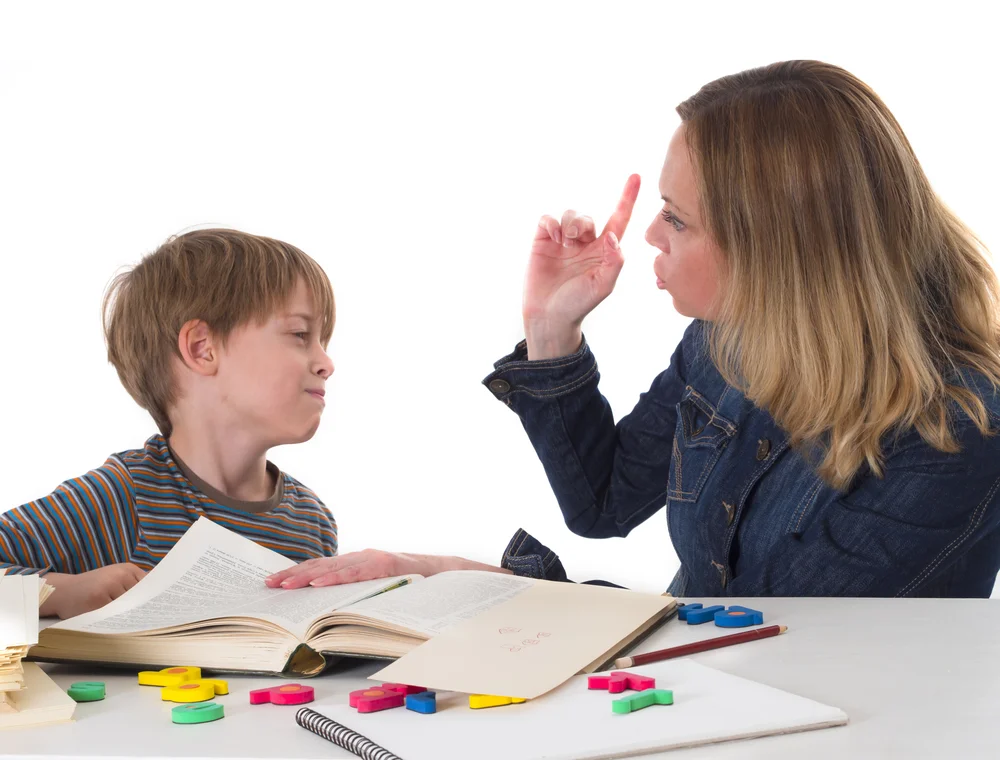Oppositional Defiant Disorder- specific tips for ODD
/Oppositional Defiant Disorder (ODD)
by Patience Domowski, LCSW
Oppositional Defiant Disorder, “ODD”, is a childhood behavioral disorder characterized by extreme defiance, opposition to adult authority, including angry mood, easily irritable, argumentative behavior, often vindictive- does things purposefully to annoy others or get back at others, refuses to comply with directions, blames other people for their own mistakes. These behaviors often occur across settings (home, school, and community), however sometimes it may only occur in one or two settings. It can occur from preschool ages through teen years.
Children with ODD often need a different parenting approach than their typical peers or siblings. They need a lot of structure. They need a very consistent and strict parenting approach. Instead of explaining why or giving reason for things, like might be helpful with other children, ODD kids need a simple, clear direction. They often don’t care about the why, they just want to argue and a logical explanation is not effective for these children. They need a regular routine, if possible. Knowing the expectation and what comes next can avoid a lot of problems.
Children with ODD need rewards and consequences. Often children with ODD and other behavioral disorders (such as ADHD) lack an internal feeling of happiness or pride in doing a good job, pleasing their parents or teachers, or feeling good about doing things they should do. They often need to be given a reason to motivate them to make a good choice or do what they are told because internally they don’t care. They often have that “what’s in it for me” attitude. If a child does not have an internal motivator, then they need an external motivator (reward) in order to comply.
They don’t need a bribe (giving them something first and expecting something in return) or a negotiation. They need simple direction and an opportunity to earn a reward. They also need clear (not vague) consequences for misbehavior. Use First/Then terms. First you have to do this behavior, then you can have/do what you want. Example: “First eat dinner, then you may watch TV”.
Use the word No sparingly. If it’s an absolute NO, use it. If it’s a “later”, use that term instead, as it may help avoid a tantrum from hearing the word No. They won’t be able to hear anything else after that word. Example: “You can play outside, as soon as your homework is done” instead of “No, you can’t go outside now”.
Use a reward chart system. Have the child earn rewards by doing certain behaviors – can be on a daily or weekly basis. There are many printable free reward charts online. A popular idea is the traffic light behavior chart where child is on “Green” for good listening, “yellow” for warning, and “red” for consequence.
Another similar (but non visual) strategy is 123 Magic, by Thomas Phelan. This is not the same as “counting to 3”. Basically the parent tells the child to do something and says “That’s one” along with the direction. If the child doesn’t behave after a reasonable wait time, the parent repeats the direction and adds “that’s two”. Again, the parent would wait, and if the child doesn’t follow the direction, the parent would say “that’s three” and immediately invoke a consequence. The consequence could be immediate or later, but the child would know at that moment that since they reached “3” they would get the consequence. However the direction still has to be followed.
Avoid empty threats. Don’t keep giving warnings and chances because the child will take advantage of that and try to manipulate parents to get their way and continue their behavior in order to get what they want.
Sticking to the consequence, providing rewards, and staying firm can go a long way in helping a child struggling with Oppositional Defiant Disorder. Seeking help from a behavioral therapist is helpful for the child to learn some strategies as well as helpful for parents to learn some different ways to handle their child’s behaviors.
Books by Patience Domowski, available on Amazon.com, print and Kindle versions
The (Un) Common Sense Guide to Parenting by Patience Domowski, LCSW
“Julian Learns” Series includes 3 stories in one book- stories include: “Julian’s Anger Story”, “Julian’s ODD behavior” and “Julian Learns Respect”. Book also includes reward chart ideas and worksheets for each story for child to practically apply their newly learned skills from the stories.


